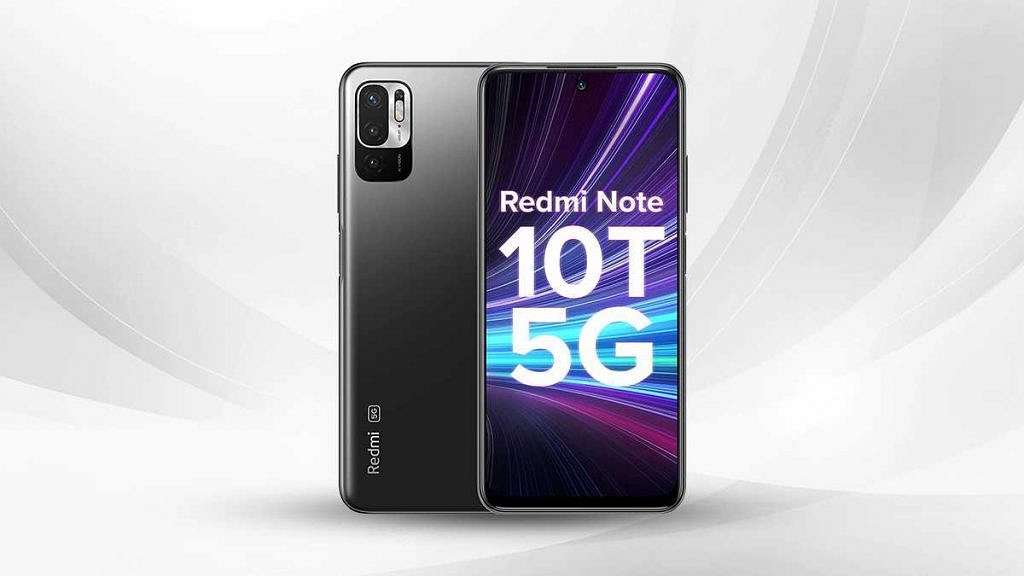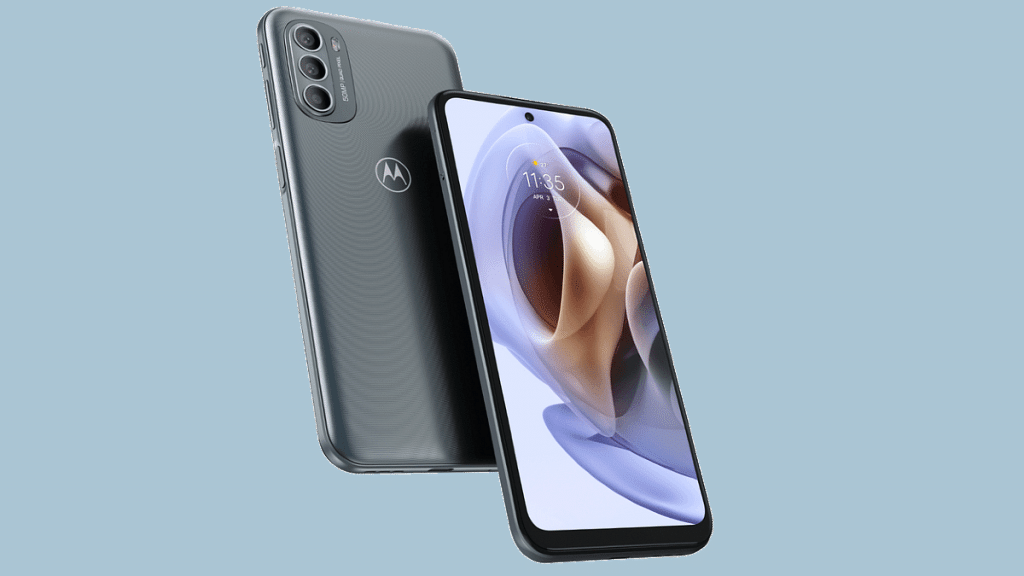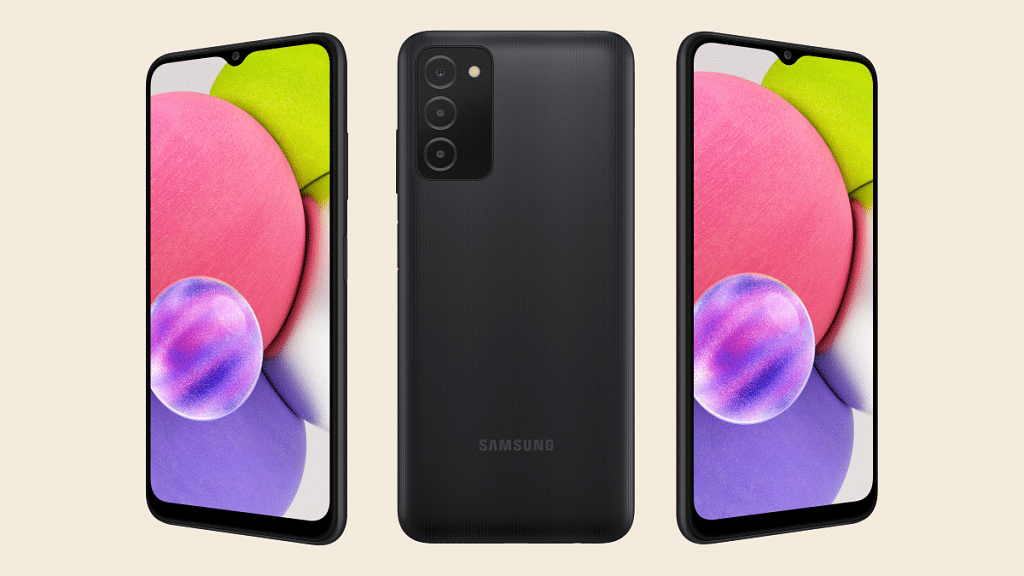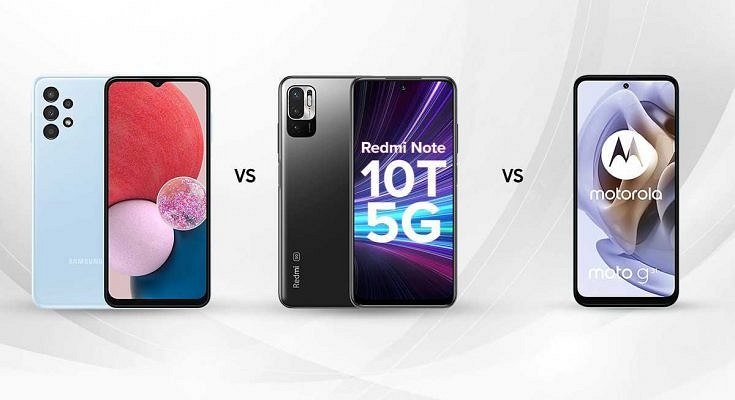Key Highlights
- The Samsung Galaxy A13 is one of the budget smartphones in India
- The Xiaomi Redmi Note 11T also features a massive 6.5-inch LCD panel
- The Motorola Moto G31 is an affordable game-centric Android phone
Samsung has been logging its name in the list of most successful brands in the smartphone market across the globe with the Galaxy A, Galaxy M, Galaxy F, and the Galaxy S series. The South Korean tech giant has been rapidly expanding its budget smartphone portfolio in the market and giving a tough time to the popular Chinese OEMs such as Xiaomi, Realme, OPPO, Vivo, and others.
One of the latest Samsung smartphones for budget consumers in India is the Galaxy A13. It is the newest budget Android phone by Samsung that competes against the likes of the Redmi Note 10T and the Motorola Moto G31 in the sub-Rs. 15,000 price category.
We have been comparing popular smartphones, tablets, and other consumer gadgets to make it easy for you to select your next best buy. This article is another full comparison between the newly launched Samsung Galaxy A13, Redmi Note 10T, and the Motorola Moto G31.
Also Read | Tecno Phantom X Vs OPPO Reno 8 Vs Motorola Edge 30: Trending Premium Mid-Range Phones Comparison
Samsung Galaxy A13 Vs Redmi Note 10T Vs Moto G31: Display Specifications
The Samsung Galaxy A13 is an affordable Android phone under Rs. 15,000 with an LCD screen that measures 6.6 inches. The display comes with a standard 20:9 aspect ratio and an FHD+ screen resolution of 1080 x 2408 pixels. The Samsung Galaxy A13 has Corning Gorilla Glass 5 protection and a standard 60Hz refresh rate.

The Xiaomi Redmi Note 11T also features a massive 6.5-inch screen which is an LCD panel with 1080 x 2400 pixels screen resolution and a 20:9 aspect ratio. The refresh rate offered by the Redmi model is higher at 90Hz compared to the Samsung model.
The Moto G31 is the winner in the display game with its AMOLED screen that is 6.4-inches in size and supports 1080 x 2400 pixels screen resolution. The high-resolution panel on the Moto G31 comes offers a 20:9 aspect ratio and has a 411 PPI density.
Samsung Galaxy A13 VS Redmi Note 10T Vs Moto G31: Chipset, Configuration, Firmware Differences
The Samsung Galaxy A13 is driven by an in-house Exynos 850 processor which is built on an 8nm fabrication process. The octa-core Samsung chipset clubs Mali-G52 GPU support for graphics. Whereas, it has up to 6GB RAM for multitasking and up to 12GB native storage capacity.
The Redmi Note 11T competes against the Galaxy A13 and the Moto G31 with the Dimensity 700 chipset. Just for reference, this is an entry-level processor by MediaTek with 5G network support. This Xiaomi Redmi series phone features the Mali-G57 GPU support for graphics and up to 6GB RAM for multitasking. The built-in storage capacity offered by this Xiaomi phone is also up to 128GB which is further expandable via a microSD card.

Lastly, the Motorola Moto G31 is an affordable game-centric Android phone that gets its power from the octa-core Helio H85 processor from MediaTek. The processor on this handset employs Mali-G52 MC2 GPU support and has up to 4GB RAM and a 128GB storage option.
Only the Samsung Galaxy A13 has the latest Android 12 OS. The remaining two models, i.e., the Xiaomi Redmi Note 11T and the Moto G31 ship with the Android 11 OS. Overall, all three devices pack decent internals for daily tasks. For extensive usage, the Moto G31 has the apt hardware.
Samsung Galaxy A13 Vs Redmi Note 10T Vs Moto G31: Camera Specifications
Samsung has launched the Galaxy A13 with four rear cameras. The primary sensor used is a 50MP lens which has an f/1.8 aperture which is paired with a 5MP ultrawide angle sensor that has an f/2.2 aperture and a set of 2MP sensors for depth and macro sensors.

The Redmi Note 10T also features capable camera hardware where the back panel features a 48MP main sensor with an f/1.8 aperture. There is a pair of 2MP sensors with an f/2.4 aperture for depth mapping and for maco shots. The Motorola Moto G32 competes against the Galaxy A13 and the Redmi Note 10T with a triple rear camera model. The main sensor is a 50MP lens with an f/1.8 aperture, an 8MP ultrawide sensor with an f/2.2 aperture, and a 2MP macro lens with an f/2.4 aperture.
As for the selfie cameras, the Samsung Galaxy A13 and the Redmi Note 10T feature the same 8MP snapper with an f/2.0 aperture. The Moto G31 has a bigger 13MP selfie snapper. . The imaging hardware is good on all smartphones, but an additional sensor on the Galaxy A13 makes it a better option. But if you are a selfie fanatic, the Moto G31 is the option you need to consider.
Samsung Galaxy A13 Vs Redmi Note 10T Vs Moto G31: Battery, fast Charging Speeds
The Samsung Galaxy A13 uses a 5,000 mAh battery unit which has 15W fast charging support. The Redmi Note 10T also packs the same battery size (5,000 mAh) which is backed by a faster 18W charging. The battery capacity on the Moto G31 is also the same as the remaining two variants, but it misses on the fast charging support.
| Samsung Galaxy A13 | Redmi Note 10T | Moto G31 | |
| Display | 6.6 inches PLS LCD | 6.5 inches IPS LCD | 6.4 inches AMOLED |
| Processor | Exynos 850 (8nm) | MediaTek MT6833 Dimensity 700 | MediaTek MT6769Z Helio G85 |
| RAM | 6GB | 6GB | 4GB |
| Camera | 50MP + 5MP + 2MP + 2MP | 48MP + 2MP + 2MP | 50MP + 8MP + 2MP |
| Selfie Camera | 8MP | 8MP | 13MP |
| Battery | 5000 mAh | 5000 mAh | 5000 mAh |
Also Read | Nokia T21 Vs Nokia T20 Vs Realme Pad Mini Tablet Comparison: Best Entry-Level Android Tablet For Daily Use
